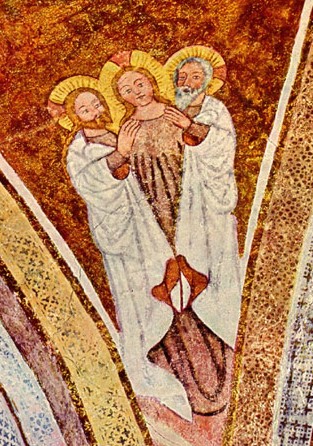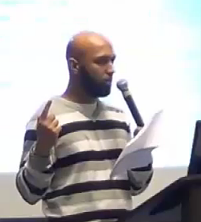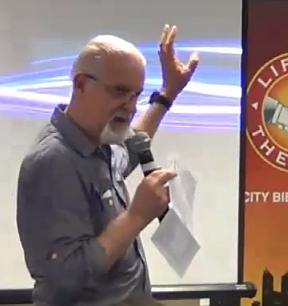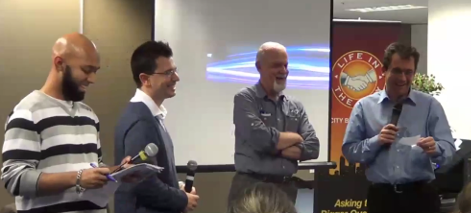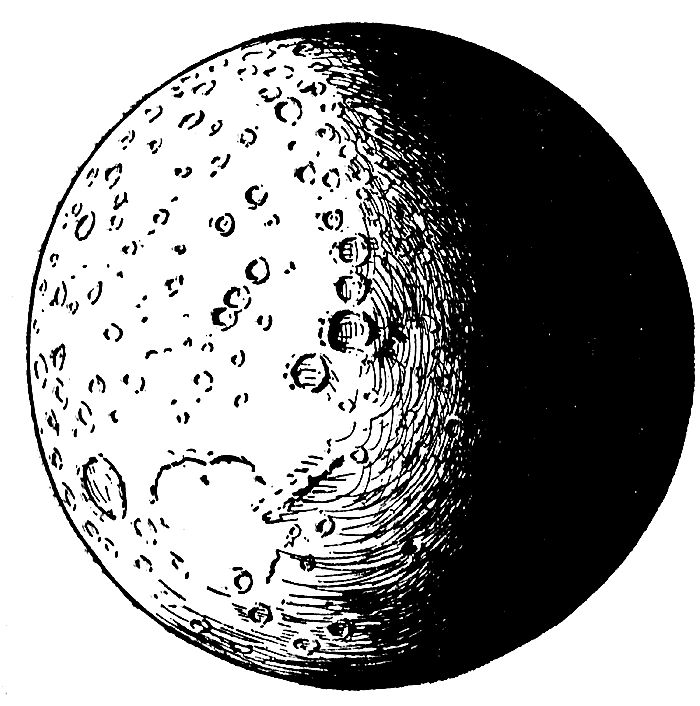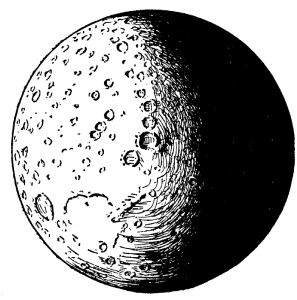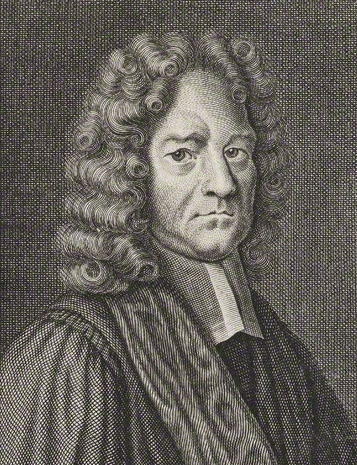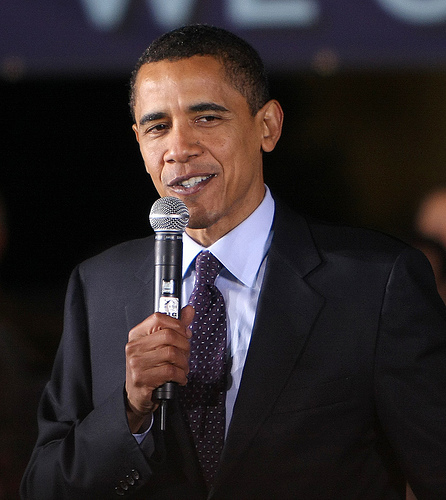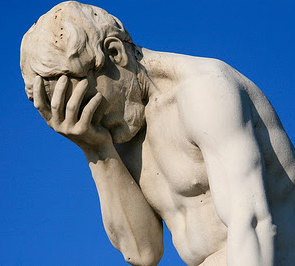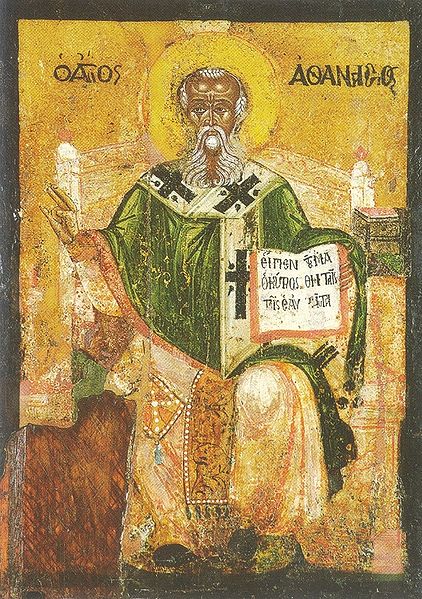David Hume vs. Mysterians

Like most Christian philosophers, I think David Hume (1711-76) was brilliant, but mistaken about most of the important religious topics he wrote on. Though he says some silly things earlier in the chapter, I could not help but be impressed by this powerful blast of rhetoric from chapter 11 of Hume’s Natural History of Religion (1757). He speaks with all the bitterness and bile of an Enlightenment philosopher raised in a human-reason-hating form of Calvinist Christianity. In the end it is just rhetoric; I don’t see any interesting argument here against mysterians.
But I do agree with Hume that humans have an appetite for “mysteries” – be they apparent contradictions or simply very unclear but profound-sounding claims. I’ve commented on this, I think, as far back as 2003, before reading Hume on this. Philosophical faults aside, he is always an insightful observer of human nature and human history.
I’ve added some emphases and explanations in brackets and a link below. Full text is here.
But [in contrast to polytheistic traditions,] where theism forms the fundamental principle of any popular religion, that tenet is so conformable to sound reason, that philosophy is apt to incorporate itself with such a system of theology. And if the other dogmas of that system be contained in a sacred book, such as the Alcoran [the Qur’an], or be determined by any visible authority, like that of the Roman pontif, speculative reasoners naturally carry on their assent, and embrace a theory which has been instilled into them by their earliest education, and which also possesses some degree of consistence and uniformity. But as these appearances are sure, all of them, to prove deceitful, philosophy will soon find herself very unequally yoked Read More »David Hume vs. Mysterians


